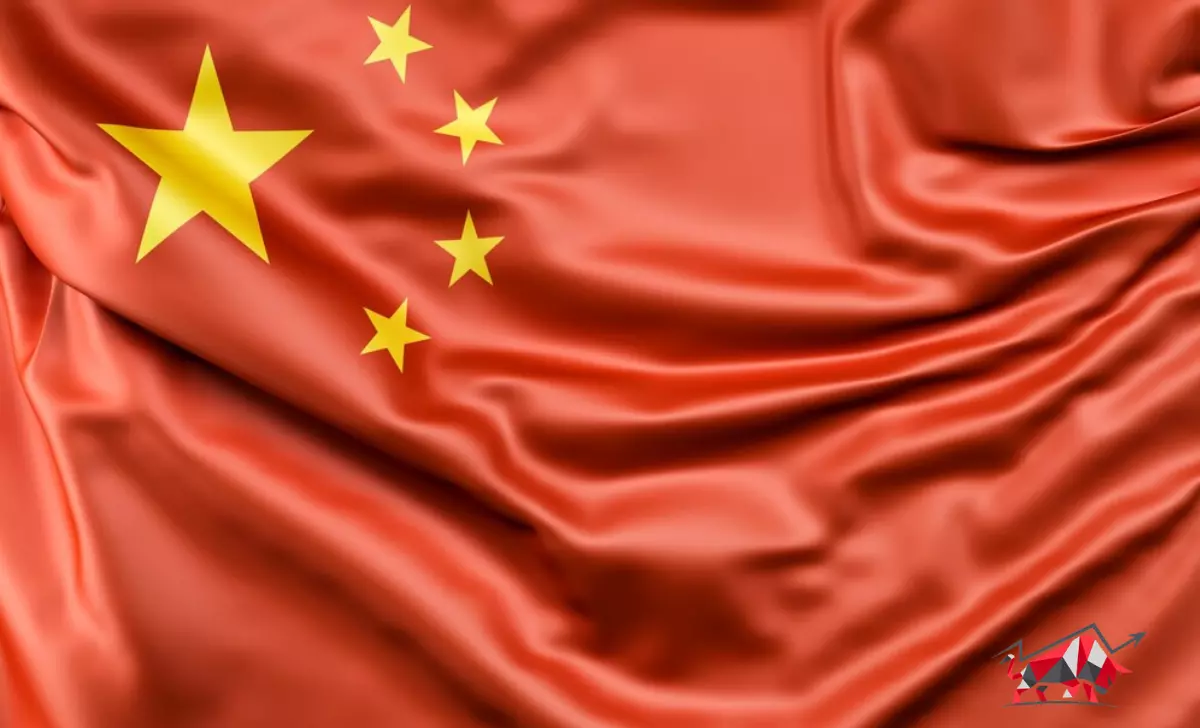China Mobile, the state-owned telecom operator, has reportedly put forth a proposal for the establishment of a “Digital Identity System.” This system aims to track and monitor local metaverse users, a concept that has ignited discussions among tech experts and Chinese officials, with potential global implications for the rapidly advancing technology.
The crux of the proposed “Digital Identity System” involves the requirement for metaverse participants to divulge their personal data, encompassing various data points such as occupation and other “identifiable signs.” This information, as per recent coverage by Politico, could potentially be stored indefinitely and shared with law enforcement agencies to ensure order and safety within the virtual realm.
While China Mobile frames this proposal as a protective measure, the idea has drawn concerns about its implications on individual freedom and privacy. Critics argue that this notion mirrors the controversial social credit system already in place within China. Chris Kemidas-Courtney, an executive associated with the Brussels-based think tank Friends of Europe, expressed his reservations:
“To establish a unified digital identity system that assigns each individual a distinctive digital ID incorporating social attributes derived from social media and occupation—this resonates uncannily with China’s social credit system.”
International Experts Express Concerns over China Mobile’s Metaverse Identity Oversight
This proposal has also faced resistance from international experts in the field of telecommunications. An individual from the International Telecommunication Union (ITU) highlighted the potential consequences of granting Chinese authorities the power to oversee identity protocols within the metaverse:
“Envision a metaverse where your identity protocols are dictated and overseen by Chinese authorities. Every government needs to introspect—is this the immersive world we envision inhabiting?”
As debates continue to unfold over the ramifications of China Mobile’s proposed “Digital Identity System,” the global tech community watches with bated breath to discern the potential future trajectory of the metaverse and the extent of its interplay with privacy, security, and personal freedoms.


